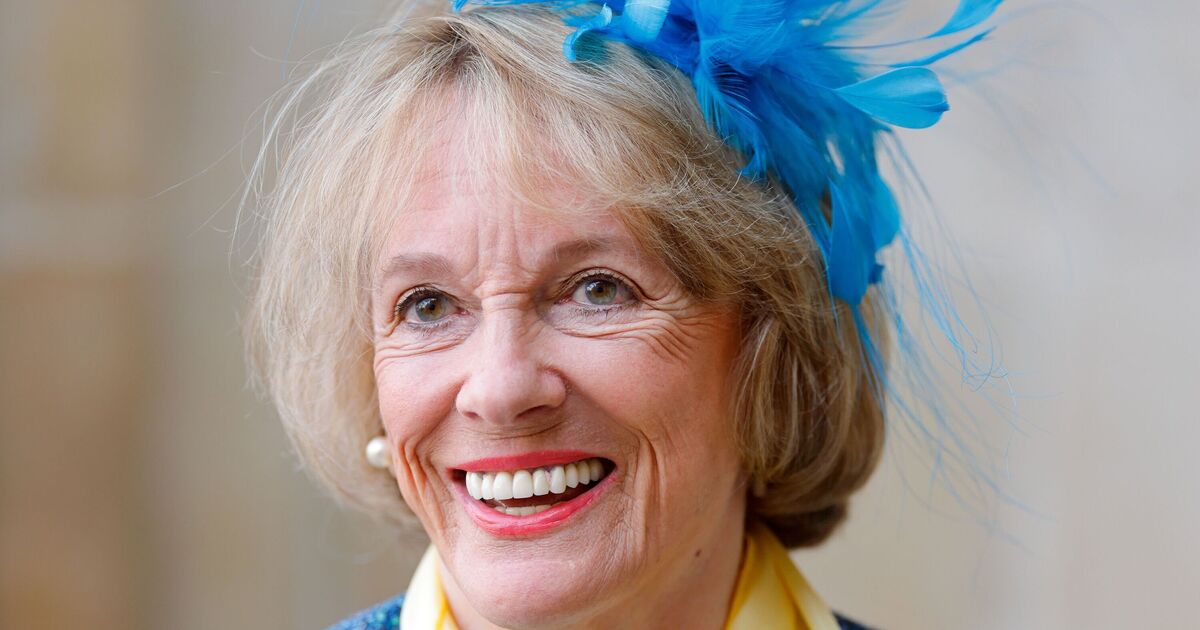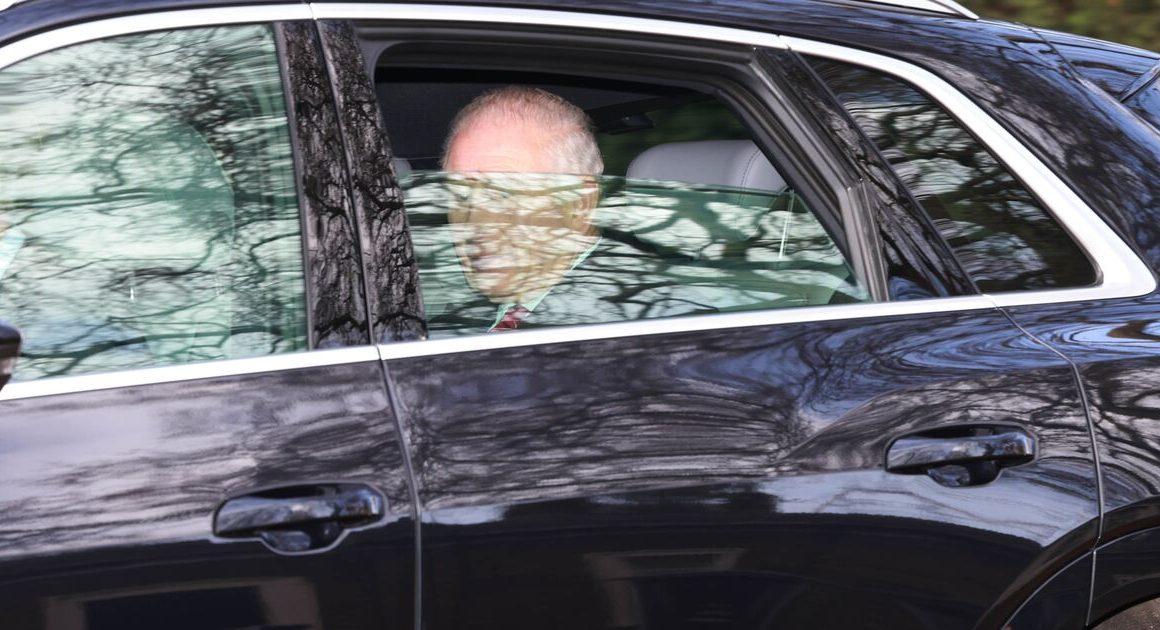Sir Max Hill, Dame Alison Saunders and Lord Ken Macdonald of River Glaven, who have all served as director of public prosecutions (DPP), have said they support a landmark bill to legalise assisted dying for terminally ill adults.
Their intervention is a massive boost for the Give Us Our Last Rights crusade run by the Daily Express, Dame Esther Rantzen and campaign group Dignity in Dying.
The lawyers said their experience led them to conclude that the existing law was not fit for purpose.
Hill, who led the prosecution service between 2018 and 2023, said there had been no “groupthink”, and that all three former DPPs had arrived at their decision independently. He added: “I think there’s the real force, the fact that we’ve all reached the same conclusion, because that is genuinely borne by our experience across almost three decades now.”
Their intervention comes after Kim Leadbeater, the Labour MP for Spen Valley, this week introduced her bill, titled Choice at the End of Life for Terminally Ill Adults. A debate and vote, which could usher in one of the greatest social changes in the UK since the Abortion Act 1967, will take place on November 29. MPs will be given a free vote.
Assisted suicide — intentionally helping another person to end their life — is currently illegal, and carries a maximum prison sentence of 14 years. This includes helping someone to die both in the UK and overseas.
Sir Keir Starmer, when he served as DPP between the tenures of Macdonald and Saunders, issued guidance indicating that anyone acting with compassion to help end the life of someone who had decided they could not go on would be unlikely to face criminal charges.
But From April 1, 2009 to March 31, 2024, 187 cases were referred to the Crown Prosecution Service by the police that have been recorded as assisted suicide, according to records held by the Dignity in Dying campaign group. Of these, 127 were not proceeded with by the CPS and 36 cases were withdrawn by the police.
Between 2009 until the end of 2023 there have been 464 assisted deaths of Britons at Dignitas, the Swiss suicide clinic. In addition, it is estimated that up to 650 terminally ill people a year take their lives in the UK — some with assistance — as well as many more that go under the radar.
Dame Esther, 84 revealed last year in the Express how she has joined Dignitas after suffering from stage four lung cancer.
She is currently undergoing a “miracle” treatment but if it does not work she has said: “I might buzz off to Zurich.”
Speaking about her decision to join Dignitas, Dame Esther said it was driven in part by her wish that her family’s “last memories of me” are not “painful because if you watch someone you love having a bad death, that memory obliterates all the happy times”.
The broadcaster said if she did decide to have an assisted death at Dignitas that would put “my family and friends in a difficult position because they would want to go with me, and that means that the police might prosecute them”.
She has been a vocal support of the Express Give Us Our Last Rights campaign.
Recently she told us she had been given fresh hope of a “good death” after hearing that a bill to debate reform of assisted dying legislation had been put forward.
Lord Macdonald of River Glaven said he believes the existing law surrounding assisted suicide is a “real mess”.
The barrister, 71, said: “We’ve got ourselves into this real mess where the application of the law is discriminatory and prosecutors are making law by deciding there’s a category of case they won’t prosecute. In the meantime, a lot of people are suffering very ugly deaths. So I think that the whole situation is just grim at the moment.”
He said the law needed to keep pace with social change. “It was only in the early Nineties that it was finally decided [in law] that a man could rape his wife. We used to hang children for stealing. The law has to catch up, otherwise it can’t retain public confidence.”
Mr Hill said he was not a campaigner for legal change as DPP but, since leaving, and looking at draft legislation in Scotland, the Isle of Man and Guernsey, as well as statements from the prime minister and Dame Esther he wanted to intervene.
“It seemed to me that who better than the former directors of public prosecutions to at least come forward to assist the debate, and, more importantly, to help parliament, which is in a unique position here,” he said.












